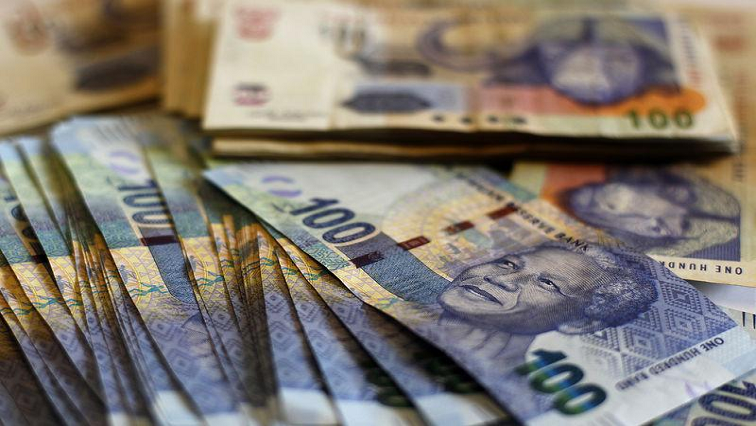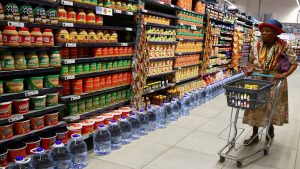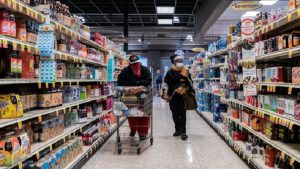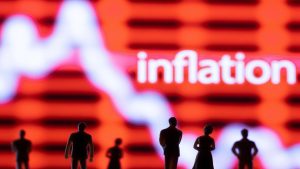South African Reserve Bank (Sarb) governor Lesetja Kganyago says the current economic reforms alone will not be adequate.
Speaking at the Kgalema Montlanthe’s Foundation Forum taking place in Drakensburg, KwaZulu-Natal, Kganyago says the current reforms must be accompanied by strong measures to grow the economy.
The Reserve Bank governor says there is also a need for policy change to accelerate economic growth.
Kganyago adds that reforms are urgently needed in the country.
South Africa is undertaking a slew of reforms in various sectors including energy, telecoms, and ports.
The aim is to remove some of the bottlenecks affecting business activity in the country.
“Reform is urgently needed. The majority of effort should be focused on microeconomics (reliable and affordable energy, functional transport networks, etc). But these efforts won’t succeed unless the macroeconomic framework is resilient enough to sustain growth. Reforms are difficult but the pain of not reforming will be worse,” he explains.
Former deputy finance Minister Mcebisi Jonas on growing the economy using five steps during the Kgalema Motlanthe Foundation Forum:
Kganyago says decisions by many central banks around the world to keep rates lower for long is also contributing to challenges facing the global economy.
As this has caused global supply disruptions.
“The recent surge in inflation has something to do with supply-side factors, including war in Ukraine and supply-chain disruptions. But it is not only a temporary shock due to exogenous factors. Policy settings by major central banks were too loose through 2021, which exacerbated current problems. Tolerating inflation overshoots to make up for past undershoots, and running economies hot, meant there was no margin of safety left to absorb stress.”
“Policymakers now regret these errors. To restore credibility, central banks are now tightening. The Fed won’t repeat the mistakes of the early 1970s, when policymakers argued that higher inflation was due to supply side factors, they couldn’t control, and eased policy quickly when economic conditions weakened,” adds the governor.
The bank is expected to hike rates again at its November meeting. There is a view among some experts that consumer inflation could reach its peak.
In September, consumer price inflation eased to 7.5% from 7.6% in the previous months.
Food and transport have been the biggest drivers in rising inflation prompting the bank to hike the lending rates.
The video below is reporting on the Kgalema Montlanthe’s Foundation Forum:






